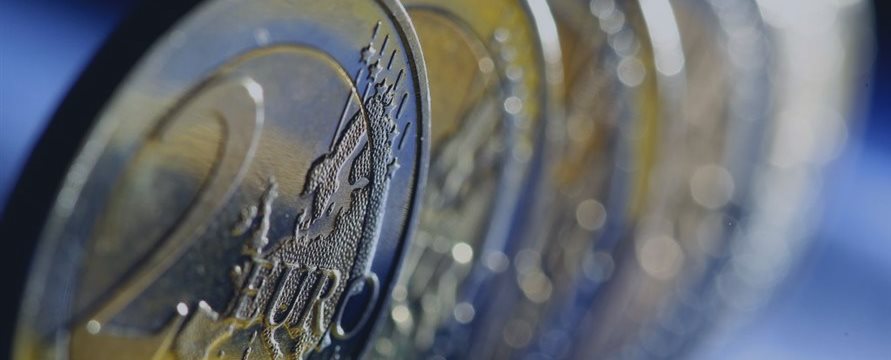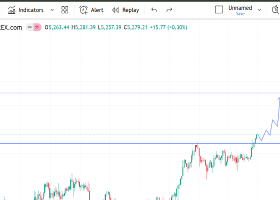
Euro touches session lows as China tries new stimulus; U.S. stocks set to open higher
On Wednesday the euro fell to session lows against the firmer greenback, after a series of measures Beijing launched to stabilize the market rout.
After the close of trading in Chinese markets Wednesday, the Chinese central bank said it will inject $21.80 billion into the financial system in a new effort to stabilize the situation. That follows the PBoC’s interest-rate cut on Tuesday, which initially helped give a lift to U.S. stock market before its steep reversal to the downside in the late afternoon.
The moves show that the PBoC remains concerned that China’s banking sector could run short of funds.
Capital has been leaving China since Beijing devalued the yuan
earlier this month. That shortage is deeper when the PBoC
tries to prop up the currency by buying yuan (as this leaves less
circulating in the real economy), The Guardian explains.
Last week the PBoC launched a 120 billion yuan liquidity injection, which was the biggest in 19 months. Today’s move came after the Shanghai stock market fell again, with investors failing to take solace from yesterday’s rate cuts.
EUR/USD was last at 1.1458, 0.51% lower, extending its fall from the eight-month highs of 1.1713 set on Monday.
The shared currency has been higher in recent sessions as investors turned their heads to the safe-haven currencies amid significant volatility in markets and as they borrowed the low-yielding currency to fund investment in risk assets.
The euro was driven further as concerns over the global economic outlook prompted investors to drop expectations for an initial rate hike by the Federal Reserve in September.
While the S&P and Dow are expected to open in the positive territory, Asian and
European stocks have dropped and “it’s unlikely U.S. will go against
this trend,” says Nour Al-Hammoury, chief market strategist at ADS
Securities.
European equities were down but off their session lows, while the Shanghai Composite closed in the red for a fifth straight day.
Al-Hammoury argued that China’s central bank has done what it could do and now other central banks should act in order to “avoid further selling.”


